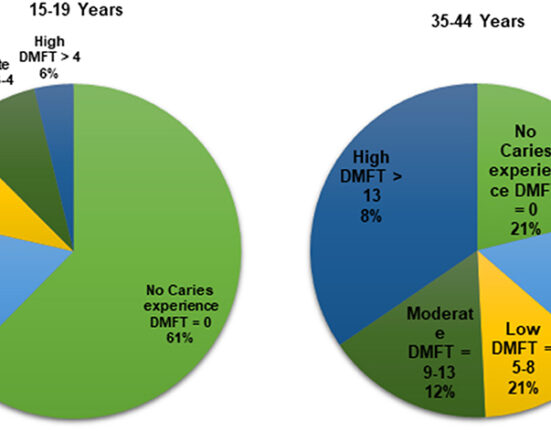Air pollution is a pervasive concern with far-reaching health implications, and a recent study delves into the intricate relationship between ambient air pollutants and maternal thyroid hormones throughout pregnancy. The research, conducted in Zhejiang, China, focused on 443 pregnant women to investigate the effects of particulate matter (PM) and nitrogen dioxide (NO2) exposure on thyroid function over three crucial trimesters.
Thyroid hormones are vital regulators during pregnancy, influencing both maternal metabolic processes and fetal development. Maintaining optimal thyroid hormone levels is critical for ensuring maternal well-being and supporting healthy fetal growth. Disruptions in maternal thyroid function have been associated with various adverse outcomes such as gestational hypertension, pre-eclampsia, preterm birth, fetal growth restriction, and neurodevelopmental challenges in children.
The study aimed to bridge the gap in understanding how environmental factors like air pollution may impact maternal thyroid function throughout pregnancy. Particulate matter (PM) levels were examined alongside nitrogen dioxide (NO2) concentrations to assess their influence on key thyroid hormones including thyroid-stimulating hormone (TSH), free triiodothyronine (FT3), free thyroxine (FT4), and thyroglobulin (Tg).
Intriguingly, the results revealed a significant association between exposure to PM10, PM2.5, and NO2 throughout pregnancy with altered levels of important thyroid hormones. Higher exposure to PM10 was linked to elevated TSH levels while showing negative associations with FT3 and FT4 levels. Similarly, increased exposure to PM2.5 was associated with decreased FT3 levels but higher Tg levels.
Moreover, elevated NO2 levels correlated with decreased FT3 and FT4 concentrations along with increased Tg levels among pregnant women studied. These findings underscore the potential impact of ambient air pollution on maternal thyroid function during gestation.
Drilling down further into the data reveals nuances within these relationships across different exposure periods before examination dates. Examining various sensitivity analyses validated the robustness of these associations despite certain limitations in study design such as sample size constraints or potential confounding variables.
Overall, this comprehensive investigation sheds light on how ambient air pollutants like PM10, PM2.5, and NO2 may influence maternal thyroid function throughout pregnancy—a critical period for both mother and child’s health development.









Leave feedback about this